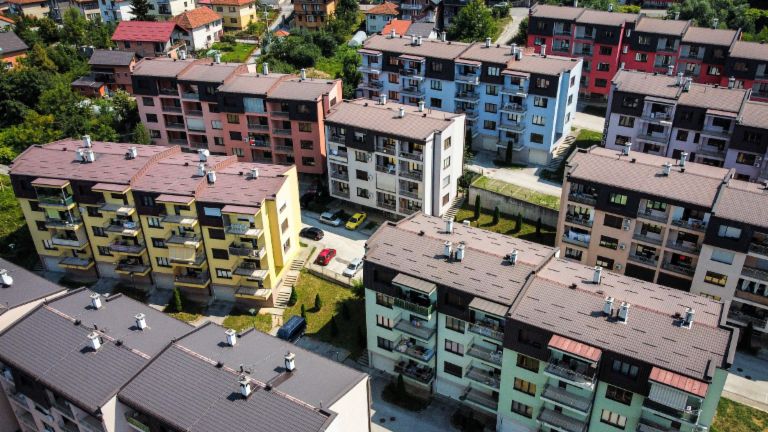Payment practices better than ever in Europe. For how much longer?
Four out of five customers in Europe pay their invoices on time. This trend in punctual payment has already lasted five years. But the weakening economic climate means that a growing number of companies are pessimistic about the future.
- 81 percent of Europeans currently pay their bills on time.
- Economy tailing off: lowest Ifo business climate index since 2014.
- Future outlook pessimistic: economic trends have a negative impact on payment practices.
Companies in Europe can be happy about smooth business processes, because the payment practices of their customers are better than ever. Four out of five Europeans (81 percent) are paying their bills on time. This is one of the findings of the representative survey “European Payment Practices” 2019, conducted by Kantar on behalf of financial services provider EOS in 17 countries. This is the 12th such survey commissioned by EOS.
Germans are the most punctual payers.
This is the continuation of a trend that started in 2014. Just last year, the on-time payment rate reached a new record for the fifth time in a row, peaking at 79 percent. At 84 percent, it is higher for private customers than for business customers (79 percent). The highest rate is in Russia (89 percent). In Western Europe, the best customers this year are Germans, 86 percent of whom pay their bills on time. They are followed by the Danes (85 percent), who topped the table last year in Western Europe. However, in terms of overall average, the rate of 80 percent in Eastern European countries is slightly lower than the Western European level (83 percent).
One of the most decisive reasons for this positive trend is the stable economic situation. In 2018, the average purchasing power in Europe went up by 2.5 percent, according to an analysis by GfK, the Society for Consumer Research. Another reason seems to be the prescribed payment terms. A look at developments over recent years shows that the shorter the payment terms the higher the rate of punctual payments. For example, companies in Germany and Denmark grant comparatively short payment terms of 23 and 24 days respectively. In Europe as a whole the average term is 33 days.
Business climate index forecast to drop to its lowest level for years.
It is doubtful that this trend will last. The OECD (Organization for Economic Cooperation and Development) for example, forecasts that German GDP will only increase by 0.7 percent over 2019; that’s half of the level in 2018.
And there’s more. The economy is continuing to slacken; this year the Ifo business climate index will reach its lowest level since 2014. Experts expect that economic output will continue to decline. Growth is also weakening in the rest of the eurozone and in China.
“And the real crises are still to come,” says Klaus Engberding, CEO of EOS Group. “Topics like Brexit or the US-Chinese trade war are in the news cycle so much that people are already failing to grasp the gravity of the situation. But the consequences are real and will hit companies hard.”
The consequences of poor payment practices should not be underestimated. For companies they mean loss of profits and cash flow problems.
Crises impact payment practices.
This development is already reflected in the survey. Across Europe, 24 percent of entrepreneurs believe that payment practices will deteriorate in the coming year. Uncertainty is even affecting very stable countries like Denmark, where until now 85 percent of customers have settled their bills on time. In the meanwhile, 13 percent of companies in Denmark expect payment practices to get worse; in the previous year it was just 8 percent.

“The consequences of poor payment practices should not be underestimated,” says Engberding. “For companies they mean loss of profits and cash flow problems.” The effect can be fatal: 14 percent of Western European and 16 percent of Eastern European business owners stated that in the event of payment defaults their very existence would be in jeopardy.
Download free EOS survey now. Link to survey portal
Please contact us if you would like more information.
Photo credits: Sarinya Pinngam / EyeEm / Getty Images, Jann Klee / EOS
Explore more from EOS



